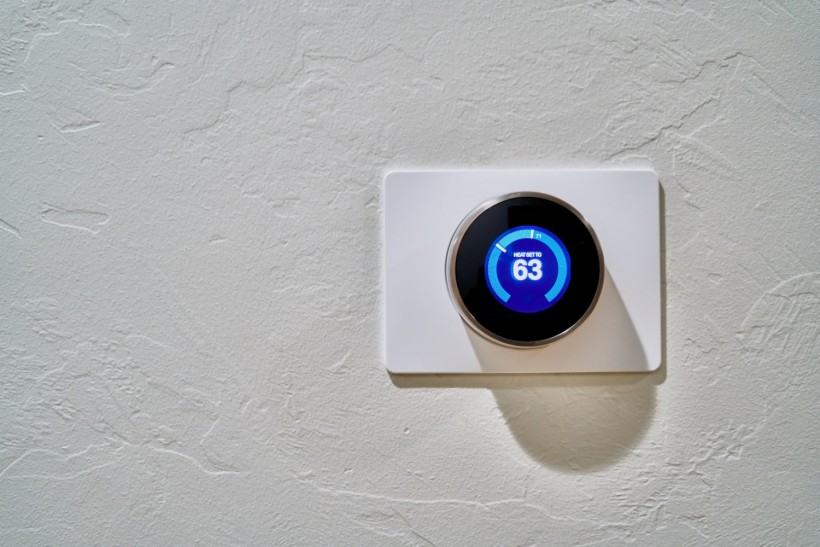When it comes to choosing the right space heater, there are several factors that you should consider, including size, energy efficiency, and portability. These factors can greatly impact your decision. For instance, if you are concerned about your electricity bill, you can purchase a space heater or a portable model which is an environment-free option for you.
1. Space heaters
A space heater can be an excellent way to keep a room warm without using excessive energy. Many models are energy-efficient and use renewable energy rather than burning fossil fuels, which is much better for the environment. However, there are still some factors to consider before buying the best space heater. Buying one with the right wattage for your space will help you reduce the electricity cost without compromising heating output.
Electric space heaters are an excellent solution during cold months and can reduce your electricity bills by several hundred dollars annually. They can be plugged into any standard electrical outlet, and there are many types to choose from. The most energy-efficient models are usually those that use convection technology, which uses a fluid to transfer heat.
2. Energy-efficient space heaters
There are some ways to reduce the amount of electricity you use with a Blaux Heatcore Space heater. One way to do this is by choosing an energy-efficient model. These units use technologies to automatically adjust their heating output and some even feature an eco-mode. These are known by different names. But they all do the same thing: lower the amount of electricity you use when you don't need as much heat.
Some space heaters have built-in lights to simulate warmth, which may be attractive to some people. However, these don't necessarily make the unit more energy-efficient. Moreover, the lighting features may not be worth the extra money. Some models may also have wheels or remote controls for ease of mobility.
3. Portable space heaters
The best way to reduce electricity costs is to choose a space heater with energy-saving features. These include automatic off-timers and thermostats. They also have settings for sleep time and auto-off. So, you can control the heat level. Some even feature Wi-Fi and can be controlled via a smart home system.
Electric space heaters are a great option for those who need extra heat during the colder months. Choosing a space heater carefully is essential because the right model can save you hundreds of dollars each year. The best option will depend on how large of a space you need to heat, and the amount of energy it will use.
4. Size of space heater
When deciding which space heater to purchase, it's important to consider power efficiency. To make the most energy-efficient decision, find one that matches your room size and temperature. For example, if you only have a 100-square-foot room in your home, a 200-watt heater will do just fine. If you need a heater for a large, uninsulated garage, however, you will want to go for a more powerful heater.
It's also important to buy the right size space heater for your room. Never buy a space heater that's too big or too small for the space. Most space heaters have a general sizing chart that you can consult to determine the right size for your home. Once you've chosen the size, the next step is to locate it in an area with minimal foot traffic and keep pets and children away from the heater.
5. Operating hours of a space heater
If you're looking for ways to lower the cost of electricity on your electric bill, running your space heater during off-peak hours can save you money. Electric companies charge based on kilowatt-hours, which is how much energy an appliance uses. Electricity rates vary, but the average in Massachusetts is 24 cents per kilowatt-hour.
To figure out the cost of electricity, you can use a space heater calculator. The calculator will ask you to input the power usage of your space heater. Some units are rated in watts, while others are rated by BTU, which is heat output. For example, a 5,000-BTU space heater would consume 1,465 watts.
© 2024 NatureWorldNews.com All rights reserved. Do not reproduce without permission.
* This is a contributed article and this content does not necessarily represent the views of natureworldnews.com






